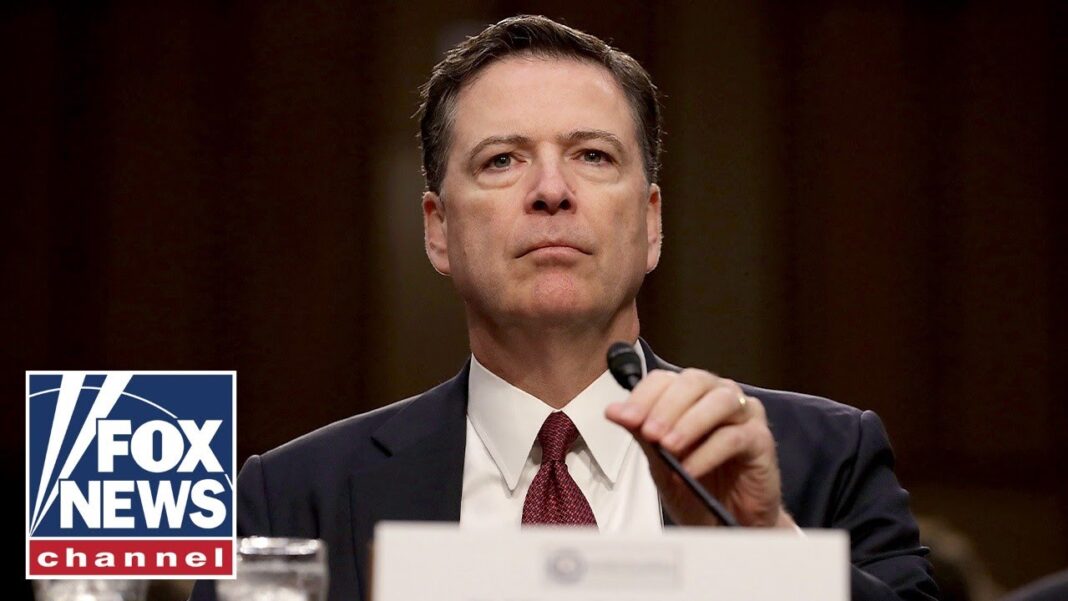DOJ lawyers argued that President Donald Trump’s posts cannot be considered direct evidence of a vindictive motive.
The Department of Justice (DOJ) on Nov. 3 urged a federal judge to reject former FBI Director James Comey’s argument that he was “vindictively and selectively” prosecuted by the Trump administration.
DOJ lawyers filed a motion asking the judge to reject Comey’s bid to dismiss federal charges alleging that he made a false statement to Congress in 2020 and obstructed a congressional investigation.
In the court filing, prosecutors defended President Donald Trump’s Sept. 20 post calling on the DOJ to take action against his political foes, including Comey.
“The defendant spins a tale that requires leaps of logic and a big dose of cynicism, then he calls the President’s post a direct admission,” prosecutors wrote. “There is no direct admission of discriminatory purpose. To the contrary, the only direct admission from the President is that DOJ officials decided whether to prosecute, not him.”
Comey had argued in an Oct. 20 motion that he was “singled out” for prosecution because he had frequently criticized Trump and what he described as Trump’s “personal animus” toward him, referencing Trump’s social media posts to support his claim.
DOJ lawyers contended that while Trump’s posts may suggest he “disfavors” Comey, they cannot be considered direct evidence of a vindictive motive.
Prosecutors said that Trump’s Sept. 20 post reflected a “legitimate prosecutorial motive,” grounded on the president’s views that Comey should be prosecuted for criminal conduct for allegedly lying to Congress.
“None of the President’s social-media posts express a desire for the defendant to be penalized for exercising his First Amendment rights. Far from it,” DOJ lawyers stated in the motion. “The President’s social-media posts are clear on why he thinks the defendant should be prosecuted: he thinks the defendant is ‘guilty as hell.’ That is not an expression of vindictiveness.”
Prosecutors also stated that Comey is asking the court to take the extraordinary step of dismissing his case before trial, which they argued should only be granted if there is a clear constitutional reason to do so.








